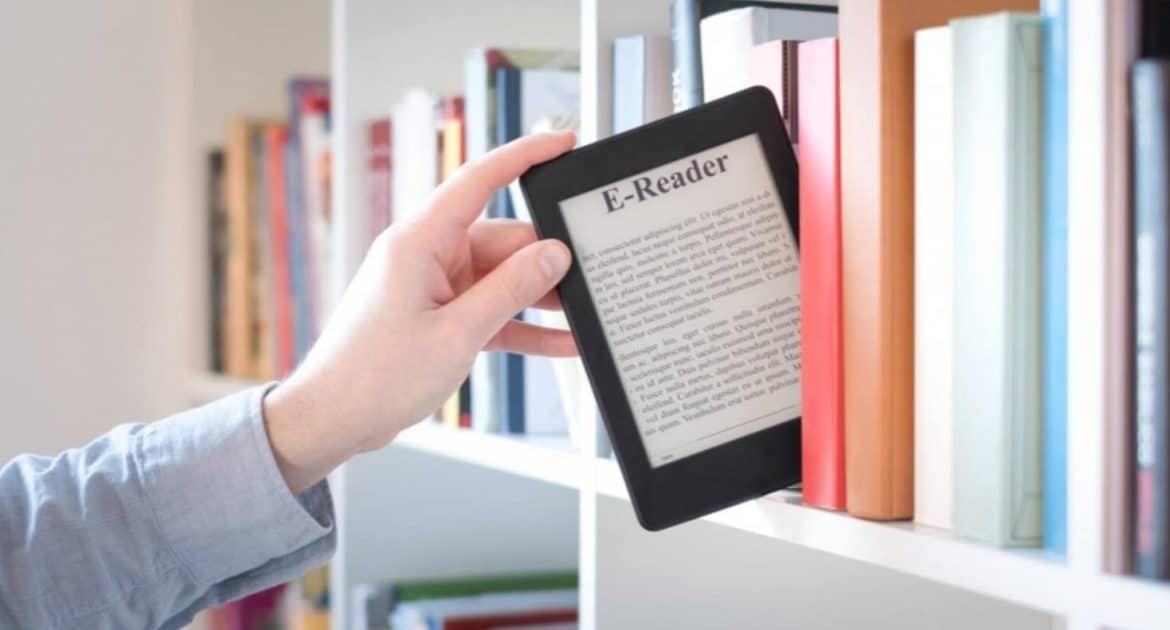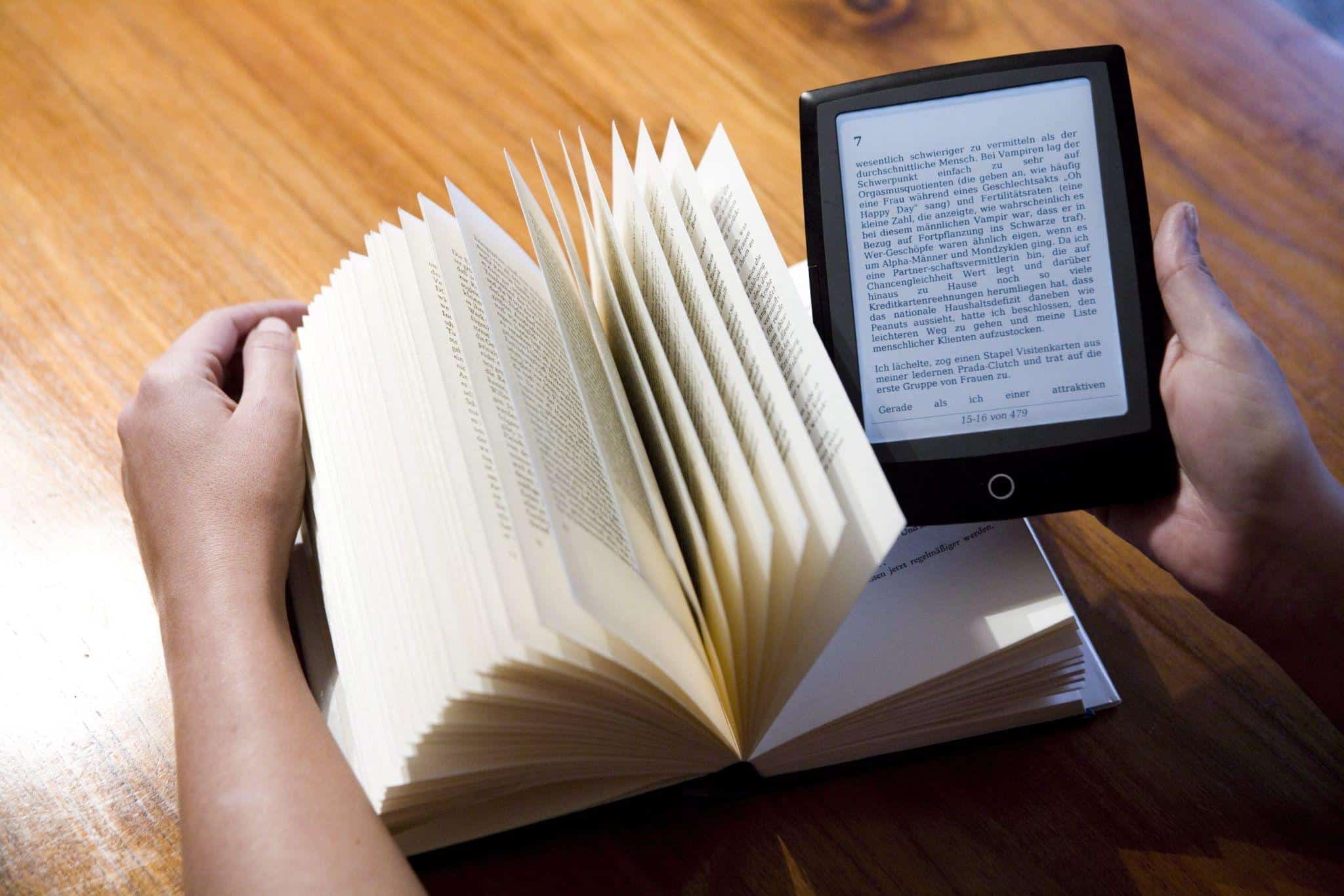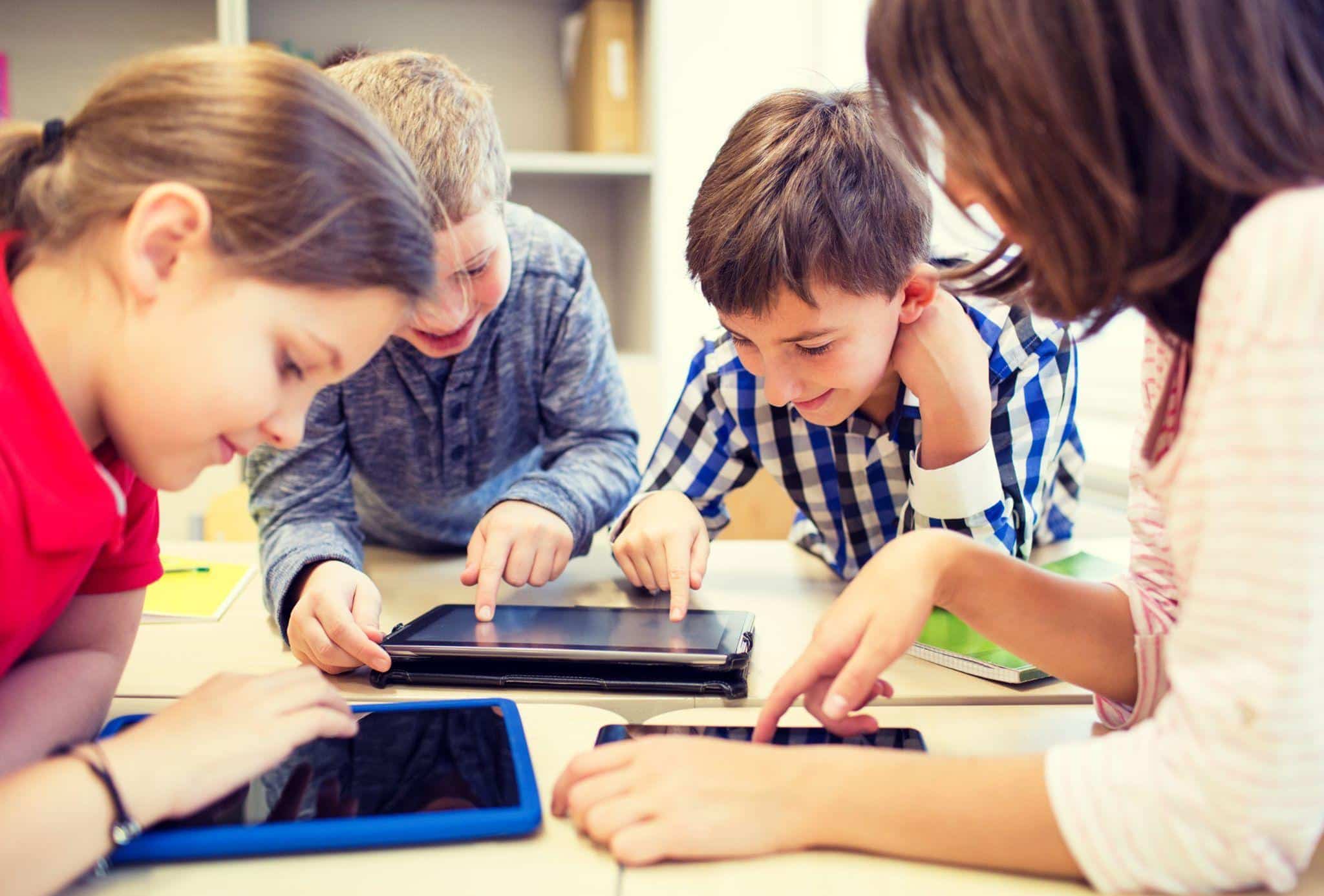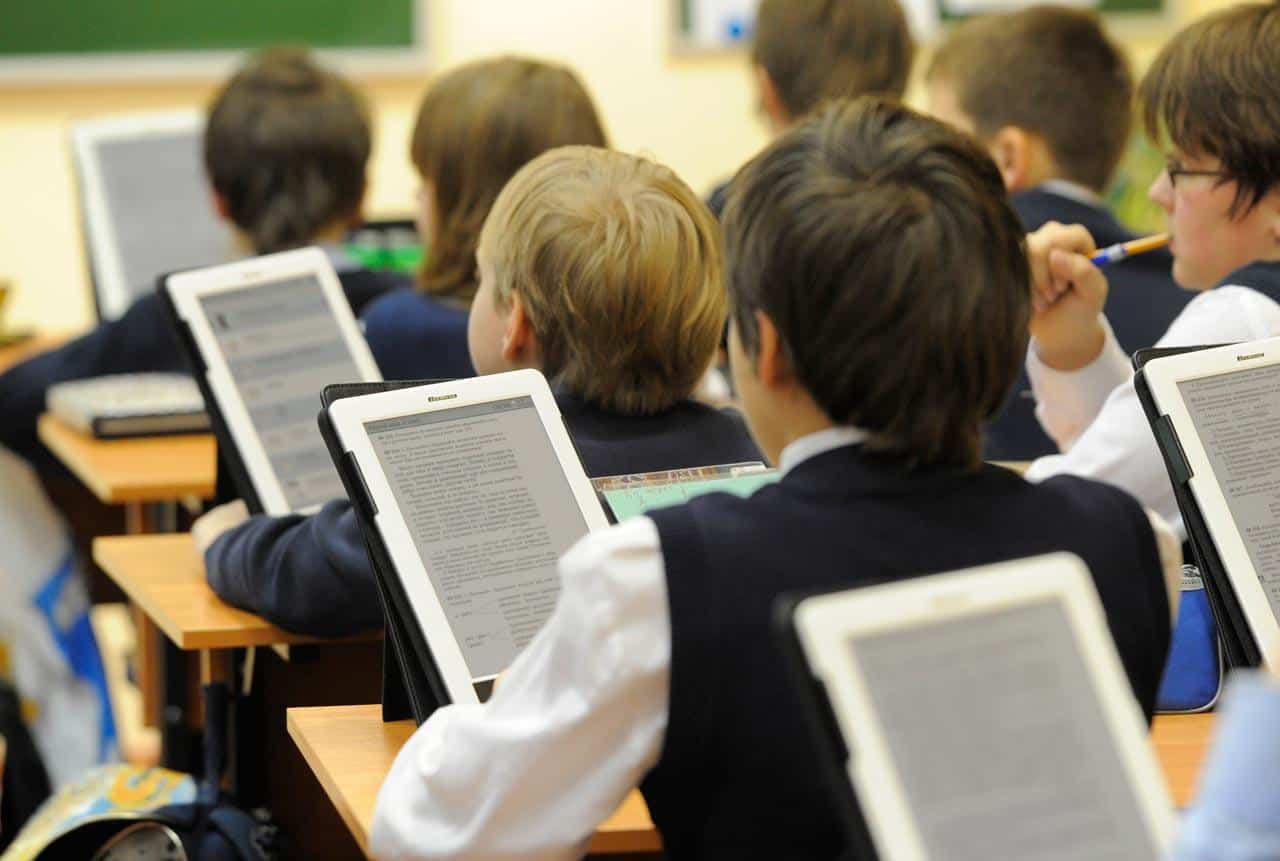The digital age is transforming every aspect of our lives, from household chores to entertainment, which is now available online for everyone anywhere in the world, at any time with the help of casino games. And education is no exception, it is also being transformed with the advent of new technologies.
Digital books, or e-books, are at the forefront of this educational revolution, offering new ways for students to learn and teachers to instruct. Let’s delve into how digital books are reshaping the learning landscape.
The Shift to Digital Learning
Embracing E-books in Education
Schools everywhere are starting to use digital books, and it’s a big change from the old-school textbooks. These e-books are perfect for kids and teens who are all about technology. They make learning more fun and easier to get into, thanks to being so interactive and easy to use.
Advantages of Digital Books
Digital books bring a multitude of benefits to the educational table. They’re easily updatable, ensuring that students have access to the most current information. They’re also more affordable in the long run, reducing costs for schools and families. Moreover, e-books are accessible anywhere, anytime, making learning more flexible and accommodating for different learning styles and needs.
Enhancing Learning Experiences
Interactive Features
Digital books are great because they’re full of interactive stuff. Imagine having videos, animations, and quizzes right inside your book! This makes learning not just more interesting, but it can also help you remember things better.
Personalized Learning
What’s really cool about e-books is how they can be changed to fit what you need. If the text is too small, you can make it bigger. Need to know what a word means? There’s a dictionary right there. And if reading is tough, you can even have the book read out loud to you. Teachers love this too because they can make the e-books match exactly what you’re learning in class, keeping things interesting for everyone.
Overcoming Challenges
Bridging the Digital Divide
While digital books offer many advantages, they also highlight the digital divide — the gap between those who have access to technology and those who do not. Schools and communities are working to bridge this gap by providing devices and internet access to students who need them, ensuring that digital learning benefits everyone.
Fostering Digital Literacy
The shift to digital learning materials necessitates a focus on digital literacy. Students must learn to navigate digital texts effectively, discern reliable sources online, and use technology responsibly. Educators play a crucial role in teaching these skills, preparing students for a digital future.
The Future of Education
A Blended Approach
The future of education likely lies in a blend of traditional and digital learning methods. While digital books offer innovative ways to engage students, the value of physical books and hands-on learning experiences remains undeniable. The most effective educational strategies will combine the best of both worlds.
Continuous Innovation
As technology continues to evolve, so too will digital learning materials. Augmented reality, virtual reality, and artificial intelligence are just a few areas that promise to further enhance digital learning, offering immersive and personalized educational experiences.
Conclusion: Embracing the Digital Revolution
Digital books are changing the game, not just following a trend. They’re really shaking up how we think about teaching and learning. By making lessons more fun, tailored to each student, and easy to get to, digital books can make learning richer and prepare students for what’s ahead. As we keep moving forward in this digital age, we need to make sure technology reaches everyone and makes learning better for all.
This summary shows how digital books are making a big splash in education, pointing out the good stuff and the tricky bits of bringing tech into the classroom. As technology keeps changing, so will the way we teach and learn, leading to a future where education is more lively, fair, and fun than ever.







